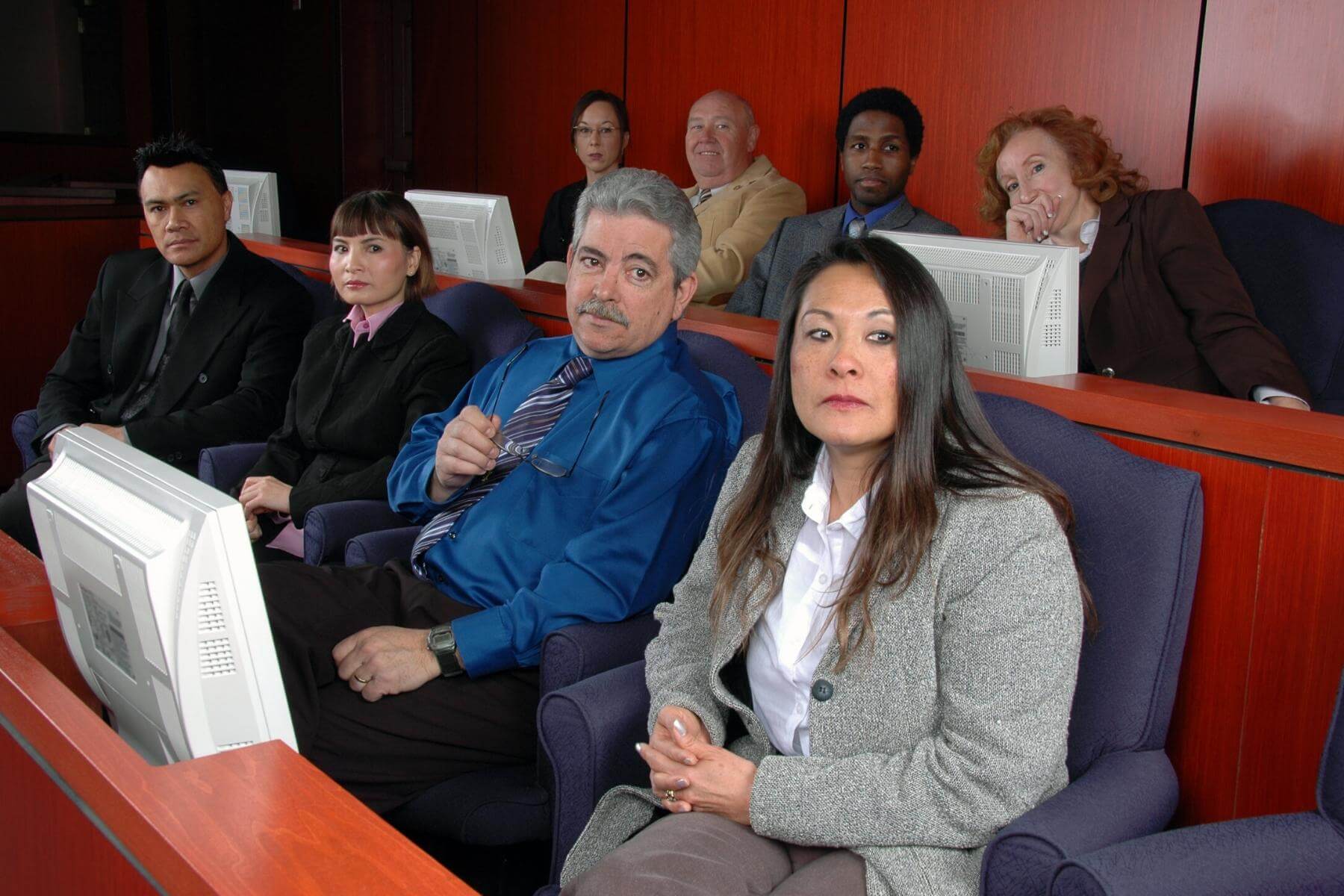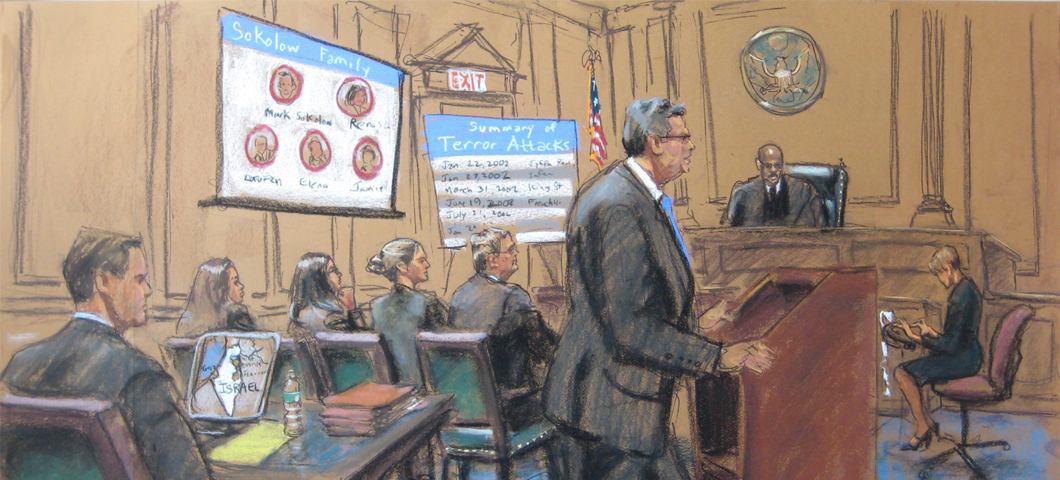Graphics in trial presentations help simplify legal arguments.
Graphics in trial presentations help simplify legal arguments.
Blog Article
How Trial Presentations Enhance Your Argument and Persuade Jurors
Trial discussions serve as an essential system for enhancing lawful disagreements and persuading jurors. The strategic use of visuals not just clears up complex information yet likewise captures jurors' focus a lot more efficiently than words alone.

Significance of Aesthetic Help
Visual aids play an essential role in enhancing the effectiveness of test discussions, as they can dramatically raise target market interaction and retention of info. In the context of a trial, where jurors are tasked with processing complex details, aesthetic help serve to simplify and clarify bottom lines. Charts, charts, and pictures can communicate data and ideas that might or else overwhelm or puzzle jurors, enabling a more uncomplicated understanding of the proof presented.
Moreover, aesthetic aids help in maintaining juror attention throughout the proceedings. By damaging the uniformity of spoken statement, these tools can punctuate critical debates, making them extra remarkable. Efficient aesthetic help can also evoke psychological responses, which can be critical in persuading jurors to straighten with the presenter's story.

Crafting Compelling Narratives
An engaging story is important in trial discussions, as it functions as the foundation of reliable persuasion. It allows lawyers to weave with each other facts, evidence, and emotional components into a systematic story that resonates with jurors. This narrative structure makes it possible for jurors to understand the intricacies of the situation while leading them with the attorney's disagreement.
To craft a compelling story, lawyers ought to concentrate on clearness and comprehensibility. This includes establishing a clear lead character-- typically the client-- and describing their trip through the occasions concerned. Presenting the truths in a sensible sequence improves comprehension and keeps interaction. Furthermore, making use of dazzling summaries can create mental images that help jurors imagine the events, making the narrative much more unforgettable.
In addition, incorporating key themes throughout the presentation strengthens the core message and aids in retention my explanation - trial presentations. The narrative must not just communicate details however additionally stimulate a feeling of justice, highlighting the risks included. Eventually, a well-constructed narrative fosters a connection between the jurors and the situation, placing the attorney's debate as both credible and compelling, consequently boosting the probability of a positive decision

Involving the Jury Emotionally
Effective court engagement hinges on the lawyer's ability to attach with jurors on an emotional degree. This connection can substantially impact jurors' understandings and their best decision-making.
Aesthetic aids, such as photos or video clips, can further boost emotional engagement, giving jurors with vivid representations of the instance's human aspects. Crafting a story that highlights the struggles and victories of the individuals included ensures that jurors see past the lawful arguments and acknowledge the human consequences of their decisions.
A lawyer's passionate shipment can reverberate with jurors, strengthening their psychological investment in the situation. It's crucial to stabilize psychological appeals with factual evidence, guaranteeing that jurors feel obliged to act while staying based in the reality.
Structuring Your Presentation

The body of the discussion ought to be practically fractional right into bottom lines, each sustained by engaging evidence. It is helpful to make use of storytelling methods to weave truths right into a narrative that jurors can quickly comply with. Aesthetic help, such as charts and video clips, can improve comprehension and interaction, assisting to highlight vital items of proof.
Real-World Situation Research Studies
Taking a look at real-world case research studies provides vital insights into the art of test discussions and persuasion. The defense team properly employed a method that incorporated prominent professional testimonies with multimedia discussions, which captivated jurors and ultimately influenced their decision.
An additional notable example is the "McDonald's Coffee Instance," where the plaintiff's lawyers used visuals images of the injuries endured by Stella Liebeck. trial presentations. This raw visual evidence played a critical role in conveying the seriousness of her burns, bring about a substantial jury award. Such situations show that impactful trial presentations usually hinge on the efficient combination of visuals and narration to evoke emotional reactions from go to the website jurors
In addition, the "Casey Anthony Trial" highlighted the value of narrative comprehensibility and integrity. The prosecution's failure to establish a compelling timeline lessened their persuasive power, underscoring the necessity of a well-structured presentation. Evaluating these cases exposes that effective trial presentations need calculated preparation, emotional engagement, and the ability to reverberate with jurors' worths and ideas.
Final Thought
Test discussions dramatically boost debates and encourage jurors via the critical use of aesthetic help, engaging narratives, and psychological interaction. A well-structured presentation balances psychological charms with valid evidence, ultimately reverberating with jurors' values.
Report this page